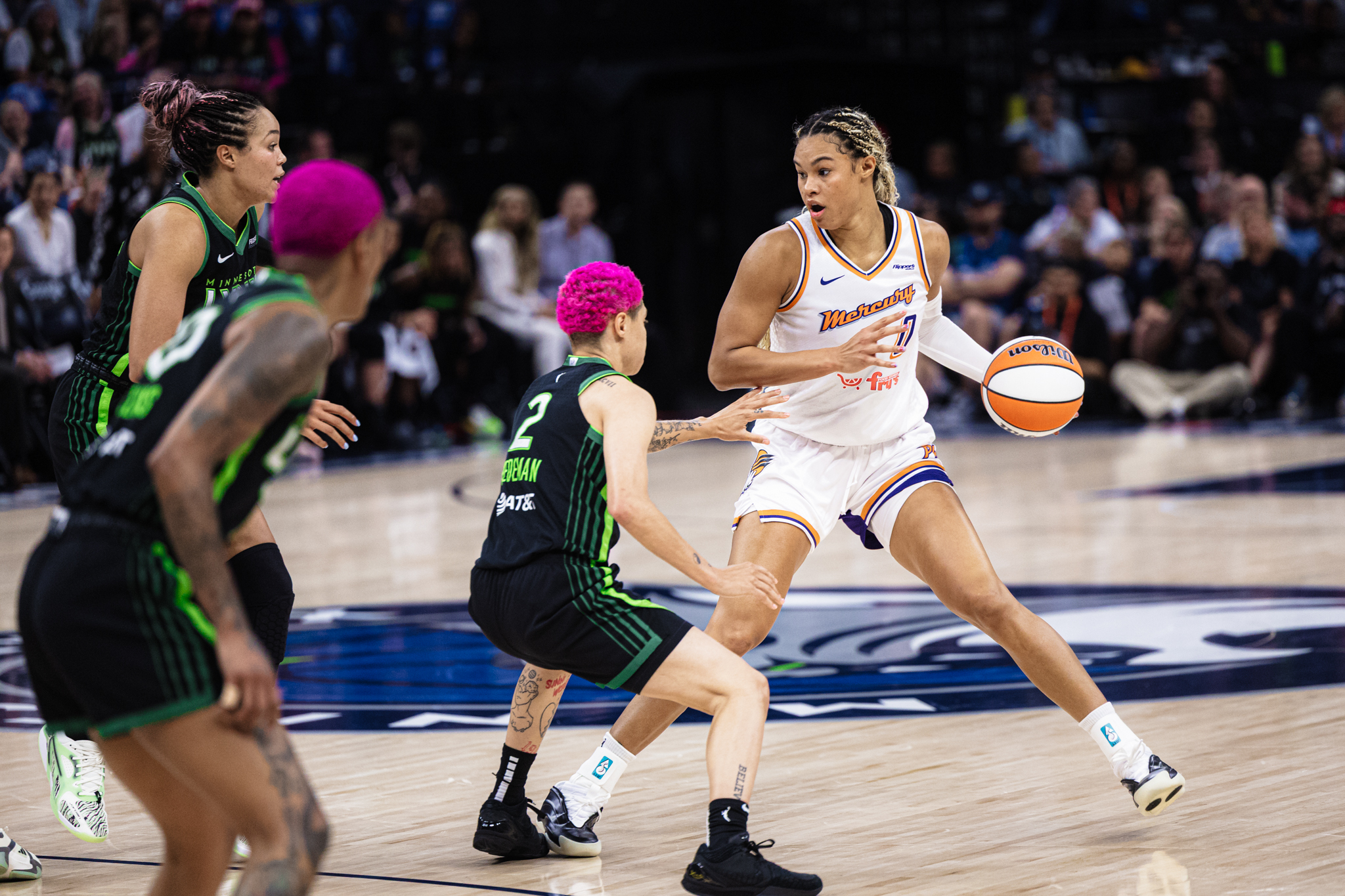
The Minnesota Lynx didn’t just survive Phoenix’s early punch — they flipped the script, turned the Target Center into a second-half clinic, and walked away with an 82-69 win in Game 1 of the WNBA semifinals. Courtney Williams had the game of her life, Kayla McBride was nails when it mattered, and Napheesa Collier — fresh off finishing runner-up in MVP voting — reminded everyone why this Lynx team is a No. 1 seed.
What started as a potential upset alert turned into a reminder: Minnesota has gears most teams can’t match, especially when the defense wakes up.
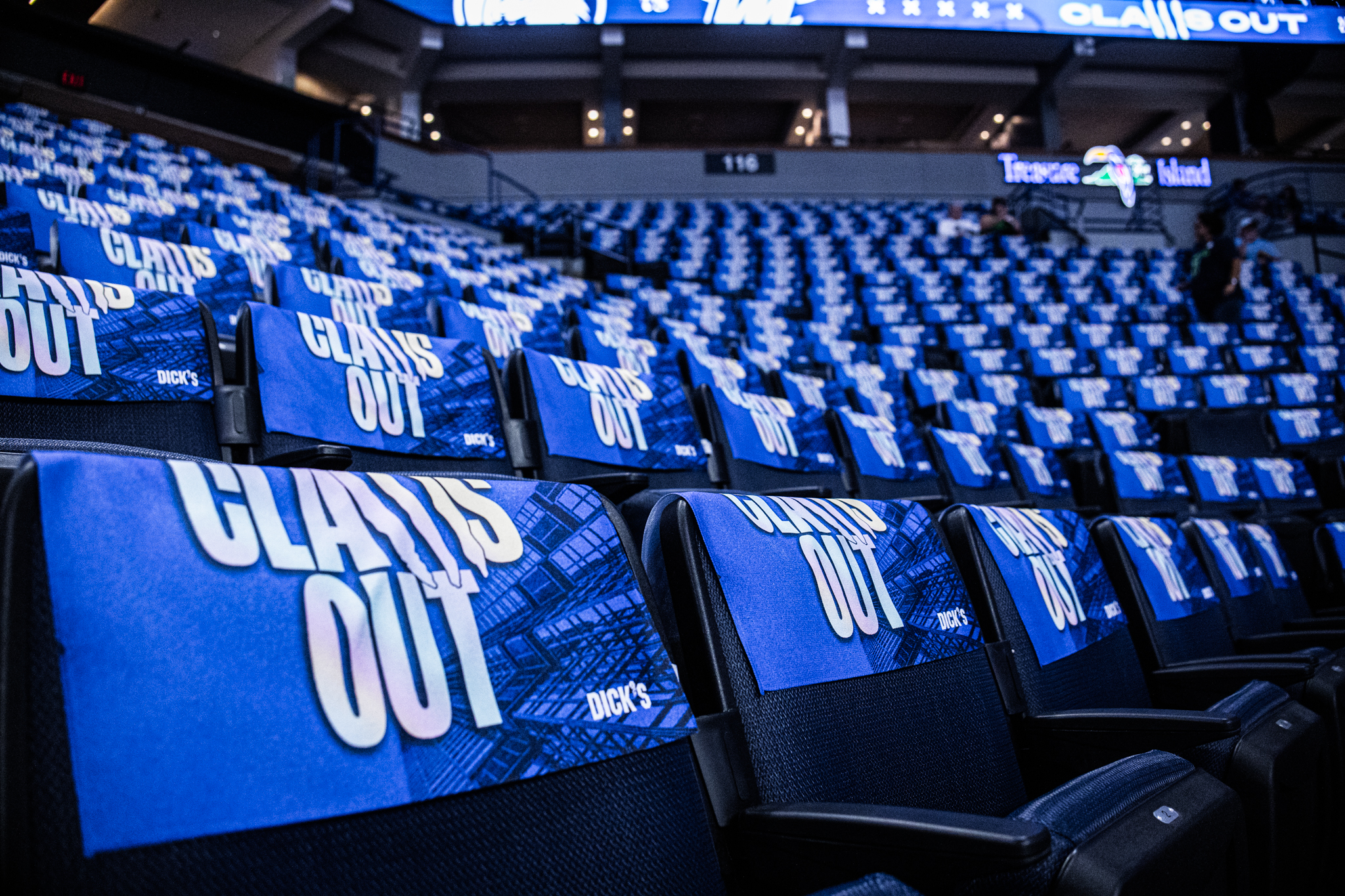
The First Half: Phoenix Paint Party
For 20 minutes, Phoenix looked like they were about to steal one on the road. The Mercury were feasting inside, piling up 42 of their 47 first-half points in the paint. Every possession felt like a layup line at AAU practice. Kahleah Copper was relentless, Alyssa Thomas bullied her way to buckets, and Minnesota had no answers.
By halftime, the Lynx were down seven, their defensive rotations shredded, and their MVP candidate strangely quiet. Collier exploded for 10 quick points in the first quarter but then disappeared completely in the second. If you were a Lynx fan, you were probably doomscrolling through box scores and wondering how a team this good could look so flat.
The Halftime Huddle That Changed Everything
Here’s where the story turns. At halftime, the Lynx players got together — not for the cliché “rah-rah” speech, but for some real problem-solving. Head coach Cheryl Reeve said Courtney Williams was one of the loudest voices in the room, demanding adjustments and reminding her teammates that defense has always been their identity.
Then Williams walked out and put her money where her mouth was. Five steals. Twelve of her 23 points in the second half. Endless energy. If the first half was Phoenix turning Target Center into their own paintball arena, the second half was Williams spraying gasoline and lighting a match.
McBride summed it up perfectly afterward: “When she's out there hooping and confident, it's contagious. It just becomes a lot of fun out there playing the game within the game.”
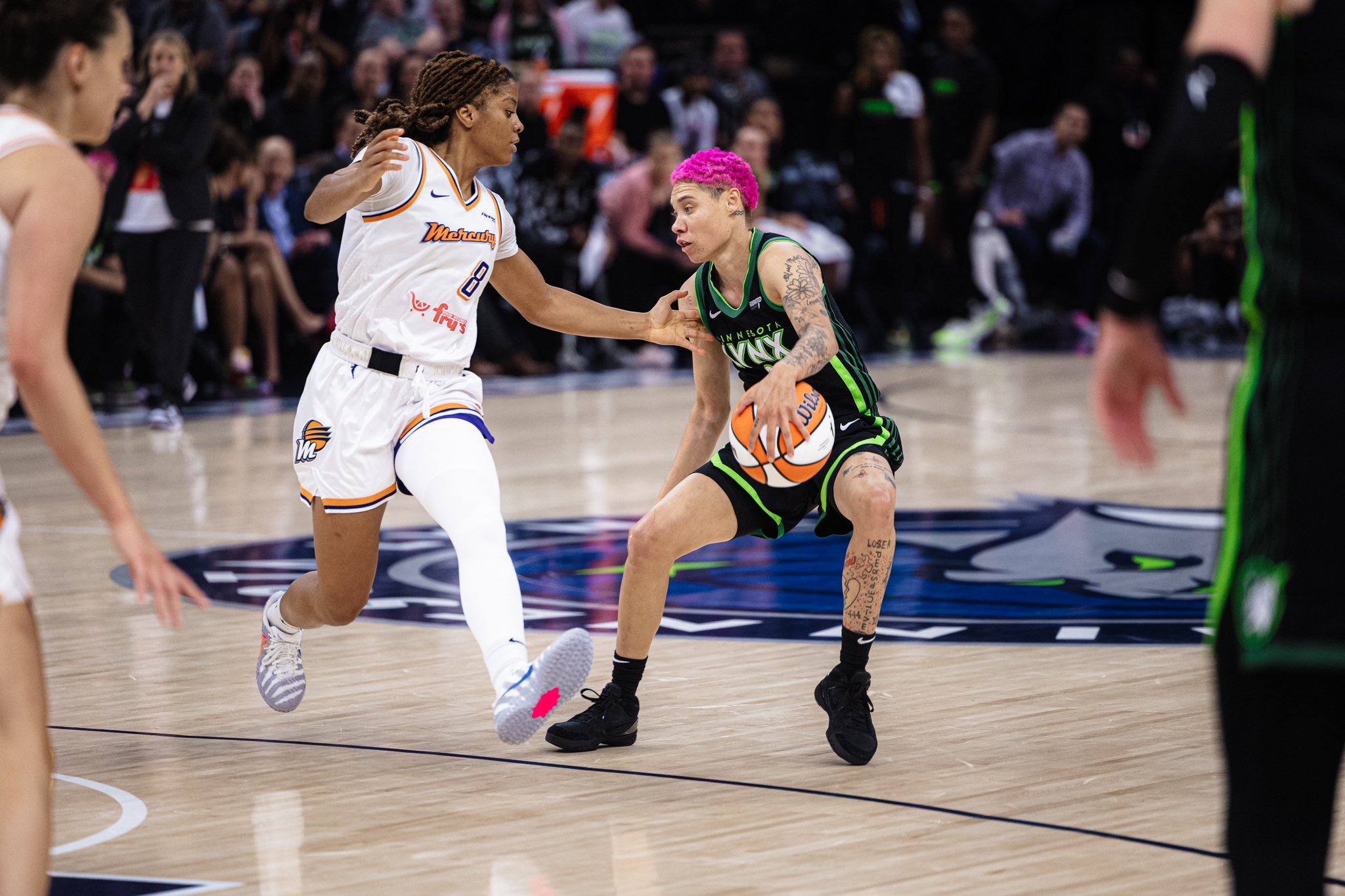
Courtney Williams: The Spark Plug Superstar
Williams wasn’t just scoring — she was everywhere. Picking pockets, running the break, and hitting jumpers with the kind of swagger that makes opposing fans groan before the ball even leaves her hands. This was the veteran’s best two-way performance of the year, and maybe her Lynx career.
23 points, five steals, and enough clutch buckets to put the Mercury on ice. If the semifinals are about stars stepping up, Williams just submitted her application for “biggest X-factor of the postseason.”
McBride’s Dagger and Collier’s Steady Hand
While Williams set the tone, Kayla McBride delivered the moment that sealed the game. With under four minutes left and Phoenix threatening, she buried a three from deep that stretched the lead to six. It was the kind of shot that kills momentum, the “don’t-even-think-about-it” bucket that makes opponents question if it’s even worth calling timeout.
Collier, meanwhile, played the long game. She had 10 in the first, ghosted the second quarter, then reappeared in the third to steady Minnesota with eight points as they erased the deficit. She didn’t need to be MVP-level all night — she just needed to show up when Phoenix looked ready to push the lead into double digits. That’s exactly what she did.
Collier finished with 18 points and nine boards, but her value was more about presence. When she checked back in, the Lynx offense calmed down. That’s superstar gravity, even on an off shooting night.
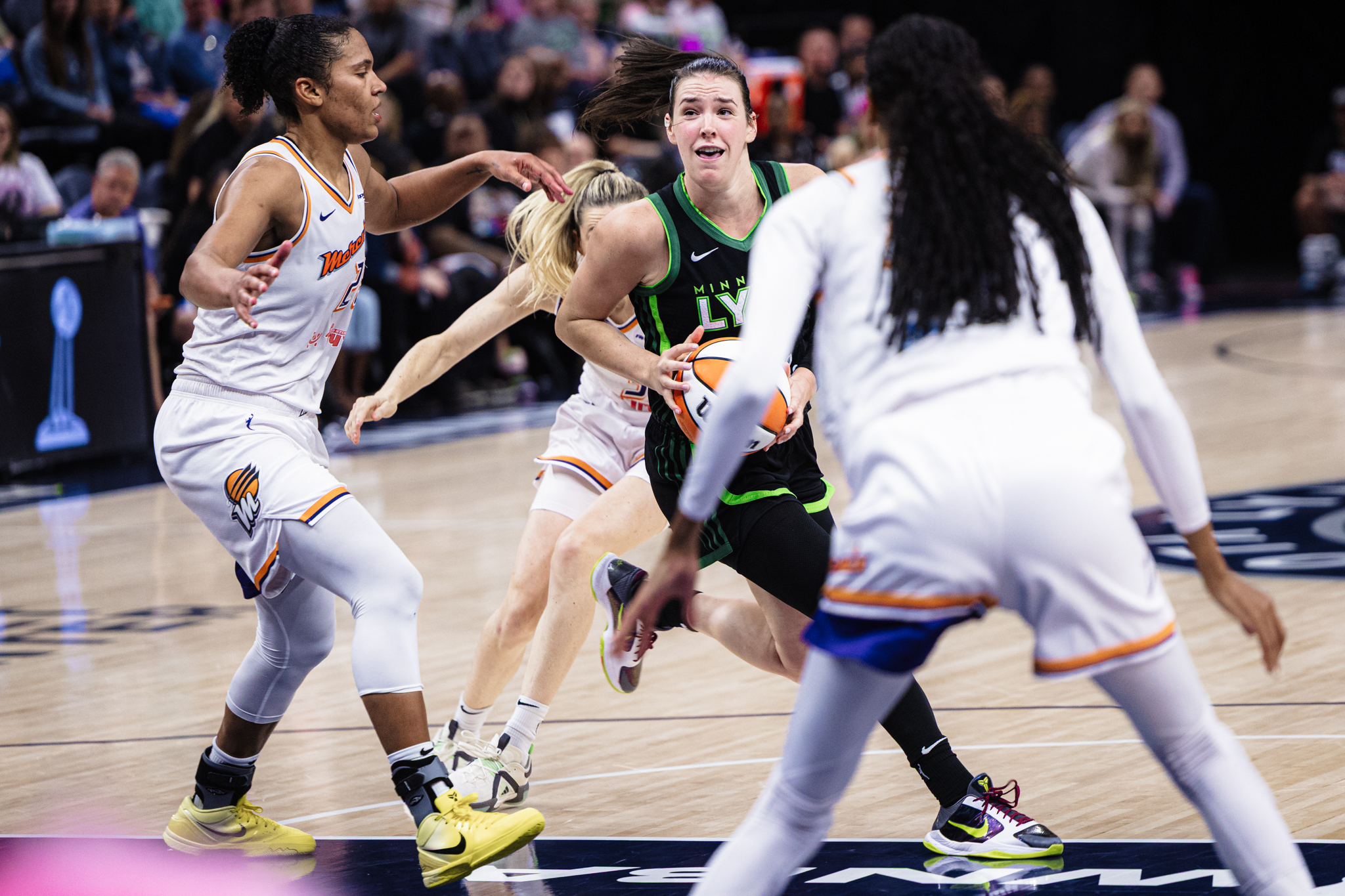
Phoenix: Copper Shines, Sabally Stalled
Kahleah Copper was a straight-up problem for Minnesota in the first half, dropping 22 points and attacking the rim like she was mad at the backboard. Alyssa Thomas chipped in 18 with her usual wrecking-ball style, bullying her way into the paint.
But the wild card here was Satou Sabally. Phoenix’s leading scorer during the season (16.3 PPG) was held to just 10 points. Minnesota treated her like the head of the snake, cutting off driving lanes and forcing her into contested jumpers. Without Sabally’s usual scoring punch, Phoenix couldn’t match the Lynx bucket-for-bucket in crunch time.
The Turning Point: Defense, Defense, Defense
This game wasn’t decided by offense — it was Minnesota finally deciding to play defense like their playoff lives depended on it. After giving up 42 paint points in the first half, the Lynx held Phoenix to just seven in the second. That’s not just an adjustment; that’s a complete identity shift.
Mercury coach Nate Tibbetts even admitted it: “They really did a good job defensively in the second half. They turned it up at that end.”
Translation: Minnesota went full lockdown mode, and Phoenix ran out of ideas.
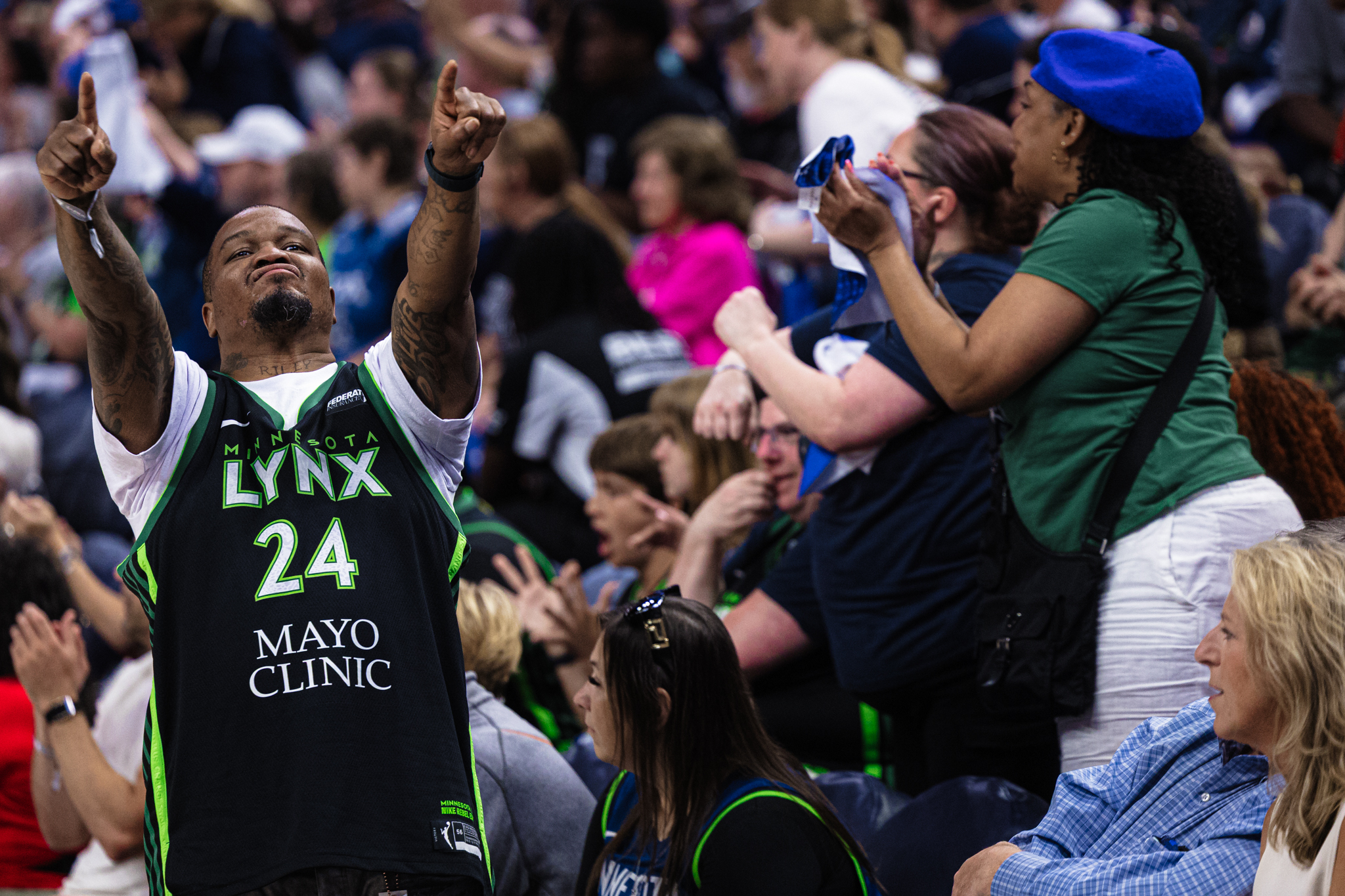
Stats That Mattered
- 23 points, 5 steals — Courtney Williams’ line, and the defining performance of the night.
- 42 vs. 7 — Phoenix’s points in the paint first half vs. second half. That’s a defensive flip worthy of a TED Talk.
- 22 points — Kahleah Copper’s relentless attack kept Phoenix alive longer than they probably should have been.
- 3-for-1 — Minnesota has now won three of five against Phoenix this season. But this was the first time they saw the Mercury’s full lineup.
Narrative Stakes: Why Game 1 Matters
For Phoenix, this loss stings, but it’s not a death sentence. They were playing less than 48 hours after eliminating the defending champion New York Liberty, then hopping a plane to Minnesota on short rest. Fatigue is real, and it showed. Game 2 will be the true litmus test of whether this Mercury team can punch back or if Minnesota is just too deep, too balanced, too ready.
For Minnesota, this was about flexing resilience. The Lynx had every reason to panic after that first half — down nine, defense looking cooked, Collier stuck in neutral. Instead, they doubled down on grit, let their veterans lead, and reminded the league why they’re the No. 1 seed.
If they win Game 2, this series could be over before it gets back to Phoenix.
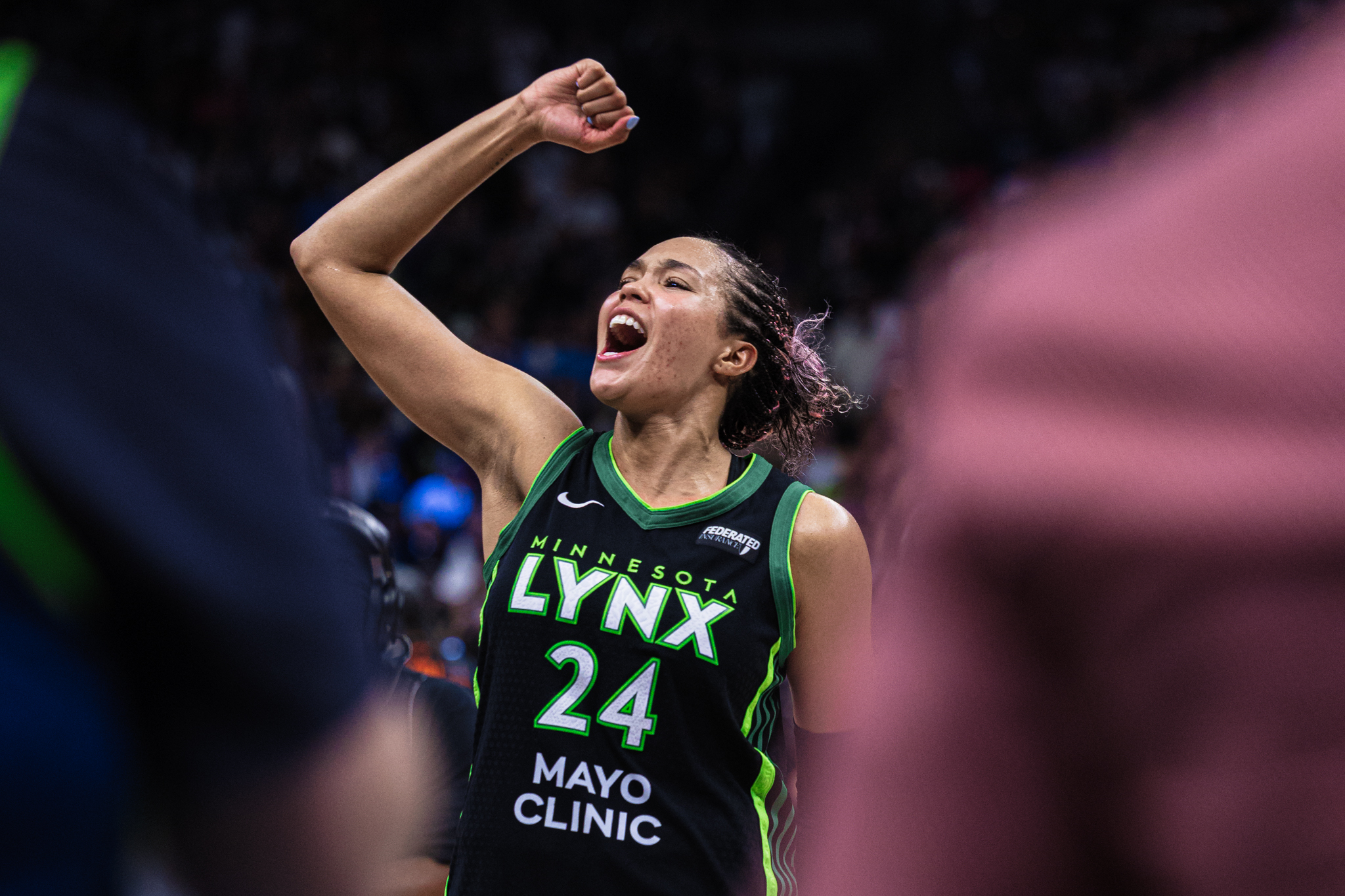
Closing Take
Game 1 was a tale of two halves, but the headline is simple: Courtney Williams woke up, and the Lynx defense woke up with her. Phoenix punched first, but Minnesota countered harder, louder, and smarter.
It wasn’t pretty, it wasn’t perfect, but it was playoff basketball. And if the Mercury don’t find a way to stop Williams and McBride in crunch time, this series might be shorter than anyone expected.
Minnesota just reminded the league: you can outscore them for 20 minutes, maybe even 30. But eventually, they’ll suffocate you.
Game 2? Buckle up.








